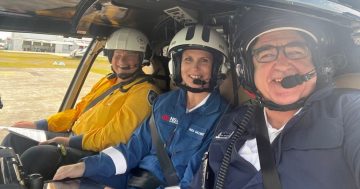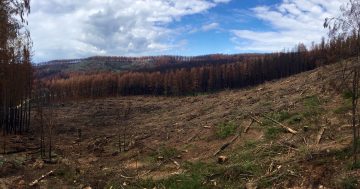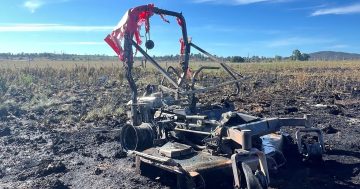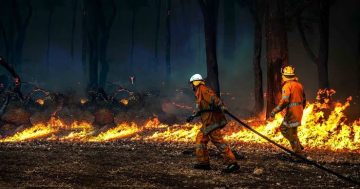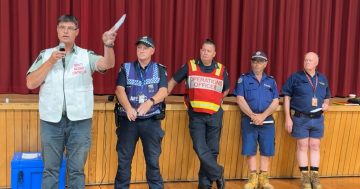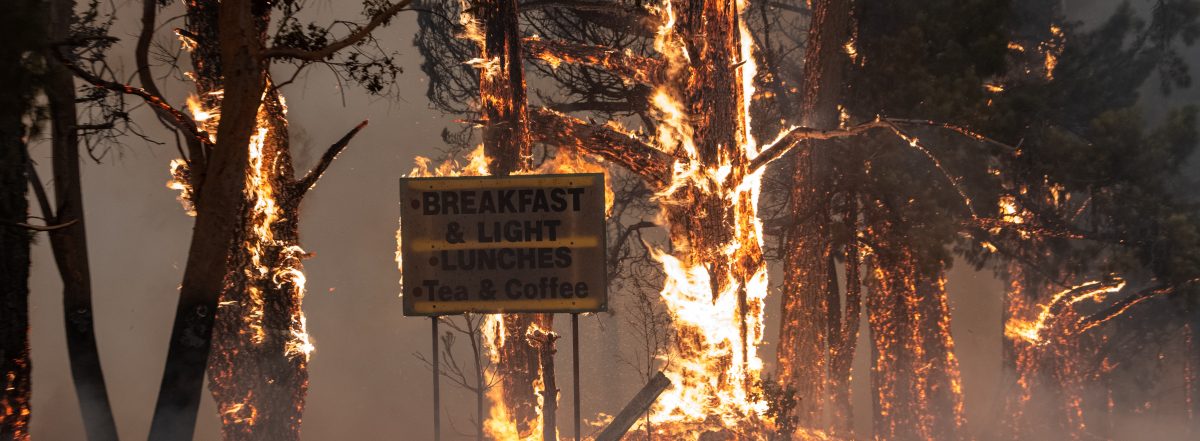
Bushfire trails near Cootamundra have been significantly upgraded to improve access for firefighters. Photo: NSW RFS.
The Matilda Fire Trails Network outside Cootamundra has been significantly upgraded to allow firefighters better access to potential bushfires.
More than $167,000 has been spent, with 1.4 kilometres of fire trails already repaired and upgraded to Rural Fire Service standards as part of the project.
The trail work includes grading and reshaping them to eight metres wide and capping them with gravel so they can be used by firefighting vehicles year-round.
The upgraded Matilda Fire Trail Network, west of the town, will allow firefighters to efficiently access the area to fight bushfires if they break out and support hazard reduction burns to reduce bushfire risk.
Water and erosion control work has included installing and clearing drains, installing new bed-level crossings and cross banks to manage stormwater movement, and maintaining culverts. The project also removed seven dumped car bodies to protect the environment and improve the amenity of the area.
The upgraded fire trail network will support an ongoing program of low-intensity hazard reduction burns in the area over the coming years, with the first burn to occur in late autumn to reduce vegetation growth and bushfire fuel levels.
Minister for Lands and Property Steve Kamper said the NSW Government was focused on delivering the essential services and infrastructure communities need to be safe.
“The community can be confident that with the completion of these fire trail upgrades, firefighters will be able to do their job battling bushfires if they break out and teams will also be able to safely conduct hazard reduction burns to reduce bushfire risk,” he said.
“Crown Lands does about 800 projects each year to maintain and upgrade fire trails and Asset Protection Zones to guard against bushfires. It manages over 1300 fire trails covering about 2200km.
“Annual helicopter inspections are also used to check more than 540 fire trails including remote areas difficult to access by ground vehicles. Aboriginal traditional burning techniques are also being used to help support appropriate land management practices using traditional knowledge.”







